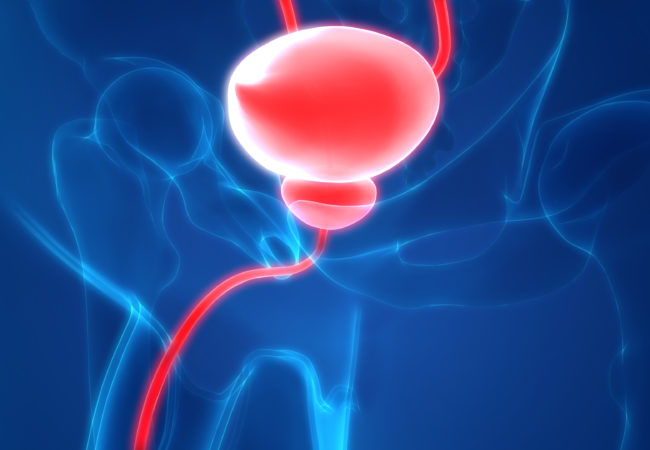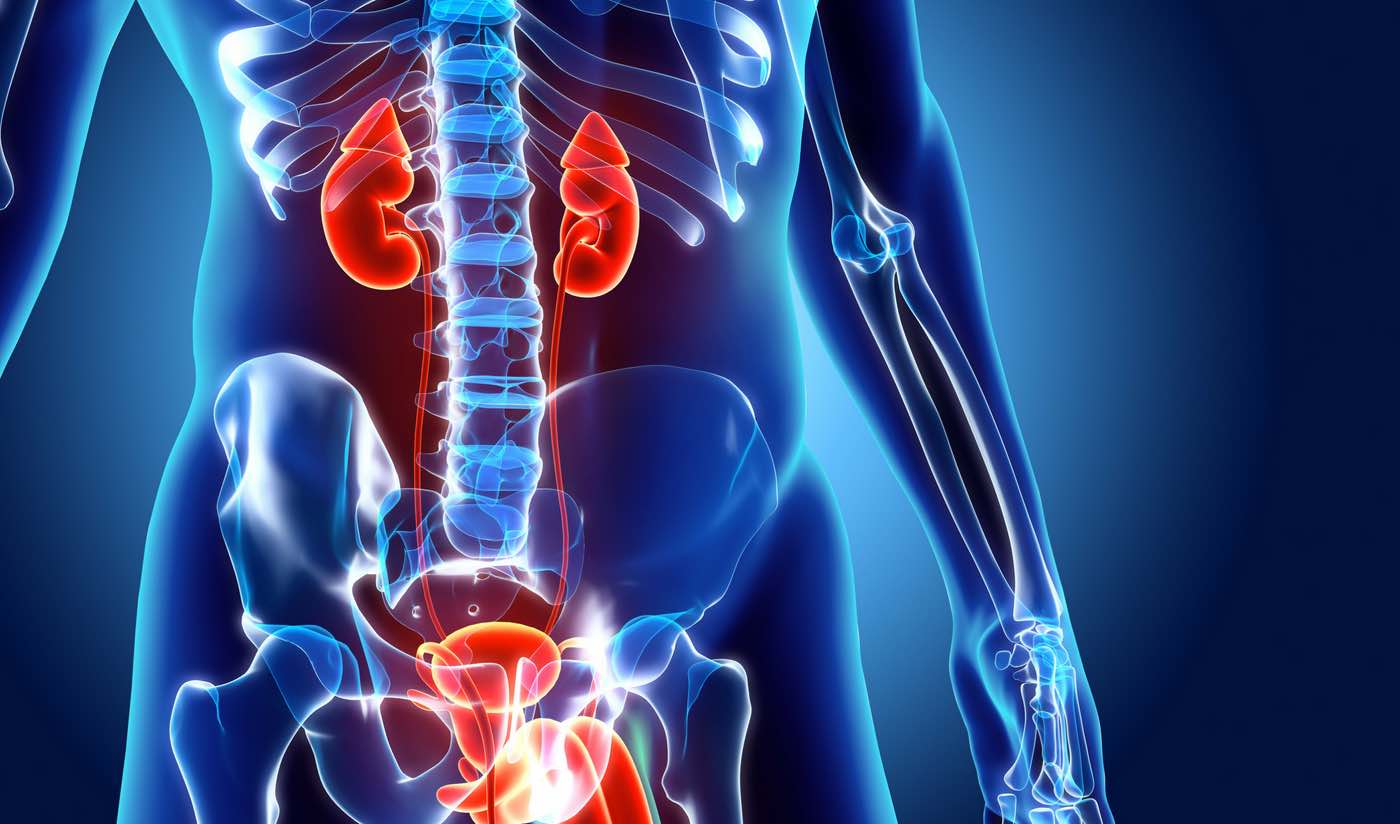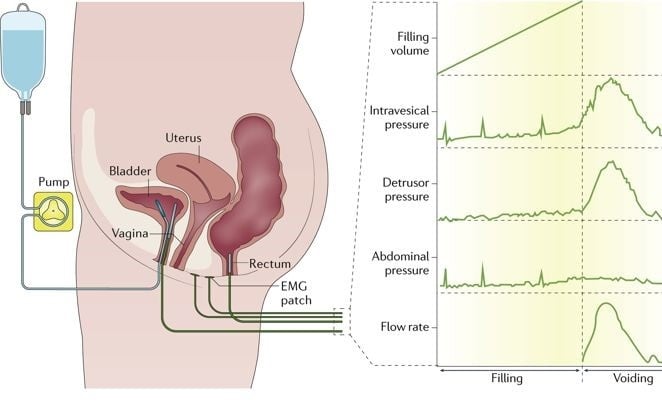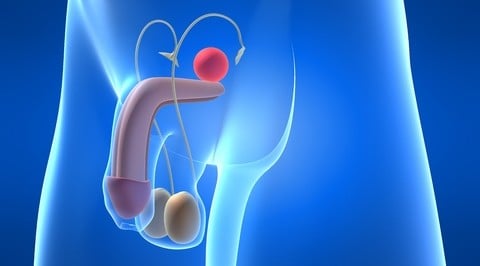National listing of the largest urogynecology practices operating within the U.S.
Urogynecology practices across the U.S. have changed considerably over the last decade. Many practices have merged and increased in size in order to be more competitive and deal the complexities of insurance, Medicare, and Medicaid reimbursements. Additionally, these practices have starting taking on more diagnostic and treatment services that were traditionally done in hospital settings. These services include minor surgeries, CT scans, urodynamics testing, and more. A listing of the largest urogynecology practices in the U.S. is provided below:
Read More
Topics:
urodynamics,
urodynamics staffing,
ObGyn Practices,
UroGynecology
Proper quality control before and during urodynamics (UDS) is critical to obtaining optimal test results. There are several key maneuvers that should be performed before the study begins and in the event of issues during the test, several remedial actions that can be taken. The International Continence Society (ICS) has previously published on quality control during UDS and the work of both Blaivas and Abrams has expanded our understanding of both quality control and artifacts (Abrams, 2012). The reader should review the excellent manuscript from Abrams for further details, as much of this blog post refers to these works.
Read More
Topics:
urodynamics,
urodynamics training
The Great Divide.
There is a great divide that segregates women away from the rest of mainstream medicine. It is a vague dividing line at best, separating what is “down there” from the rest of the female body. Obstetricians and gynecologists have done what they could to obliterate that dividing line by declaring their women’s health specialty a “primary care” specialty. Nevertheless, a vast chasm opens through which many female patients can fall.
Read More
Topics:
Urodynamics Testing,
UroGynecology
After radical prostatectomy (RP), nearly 5-10% of men may experience substantial issues with urine control. Immediately after surgery many men have issues, especially with stress leakage; however, most will regain an acceptable level of continence within 6-12 months of surgery. For this smaller group of men with persistent incontinence, however, urine control can be a substantial issue and some require additional intervention to restore continence. Urodynamics can be a helpful adjunct in this population.
Read More
Topics:
Urodynamics Testing,
urodynamics,
male urodynamics,
Post-Operative Urodynamics
Patients with neurogenic lower urinary tract dysfunction (NLUTD) are at high risk of having poor bladder compliance, making upper urinary tract injury a distinct possibility. Given the wide variety of causes of NLUTD and the risk of upper tract damage, it is critical to perform surveillance of these patients for deterioration in bladder function and upper tract injury. Two of the most popular methods of surveillance for these issues are annual renal ultrasound and annual urodynamics (UDS) testing.
Read More
Topics:
Urodynamics Testing,
General Urology Information,
Neurogenic Bladder,
urology,
Ultasound
There’s no real love for waiting rooms. Call it the perpetual suspense, the white-coat syndrome lingers behind all modern chic designs. It’s time for practices to generate a greater practicality and explore deeper into human psychology behind waiting room worry.
Read More
Topics:
ObGyn Practices,
Medical Practice Operations
One of the most vexing clinical situations happens to be one of the best uses of urodynamics (UDS): ongoing symptoms after female incontinence surgery. These cases are challenging and patients are often not happy to have ongoing symptoms, new symptoms or worsening symptoms; however, appropriately utilized and interpreted, UDS can be key to helping these patients.
Read More
Topics:
Urodynamics Testing,
urodynamics,
incontinence,
Post-Operative Urodynamics
Surgical management of stress urinary incontinence (SUI) is a commonplace procedure, usually indicated on the basis of the clinical history and exam findings alone. In fact, Level I evidence from the VALUE trial suggests that urodynamics (UDS) makes no difference in the outcome of SUI surgery in straightforward cases.1 Nonetheless, in many situations UDS is a critical part of evaluating SUI patients for surgery; moreover, in some instances UDS will spare women surgery that may not be beneficial.2
One clear-cut area where UDS is very helpful is for the patient who has previously undergone surgery for SUI and/or pelvic organ prolapse (POP). These patients may present complex anatomy, obstruction from prior surgery, changes in bladder compliance, and a very high valsalva leak point pressure. UDS may help guide the decision as to what intervention(s) may be necessary in these patients.
Read More
Topics:
urodynamics,
stress incontinence
Strategic Partnering.
Is your OBGYN practice a failing business? BHN (Brighter Health Network) would like to know. So should you.You’re busy. Your parking lot has a brisk turnover and your lunches are hurried. CME costs much more than tuition when you add up the money lost while out of your office. You have good months most of the time, but you also have your “marginal” months. All the more confusing is that today’s shortfall is based on what you did six weeks ago, while the piper who demands payment demands it today.
Read More
Topics:
urodynamics staffing,
urology,
urodynamics service provider,
urodynamics profitability
Prior to performing a TURP, there are several key tests that most urologists employ.
Aside from a history, exam, IPSS score, PSA and urinalysis, most will assess residual urine volume, perform a cystoscopy and measure the prostate – either with a formal TRUS, or based on a CT, MRI or abdominal ultrasound. Urodynamic testing (UDS) is used to varying degrees before a TURP by urologists. On one end of the spectrum there are purists who will only offer a TURP to someone with UDS-proven obstruction;
Read More
Topics:
male urodynamics,
Male Diagnostics,
Urology Practice Trends











